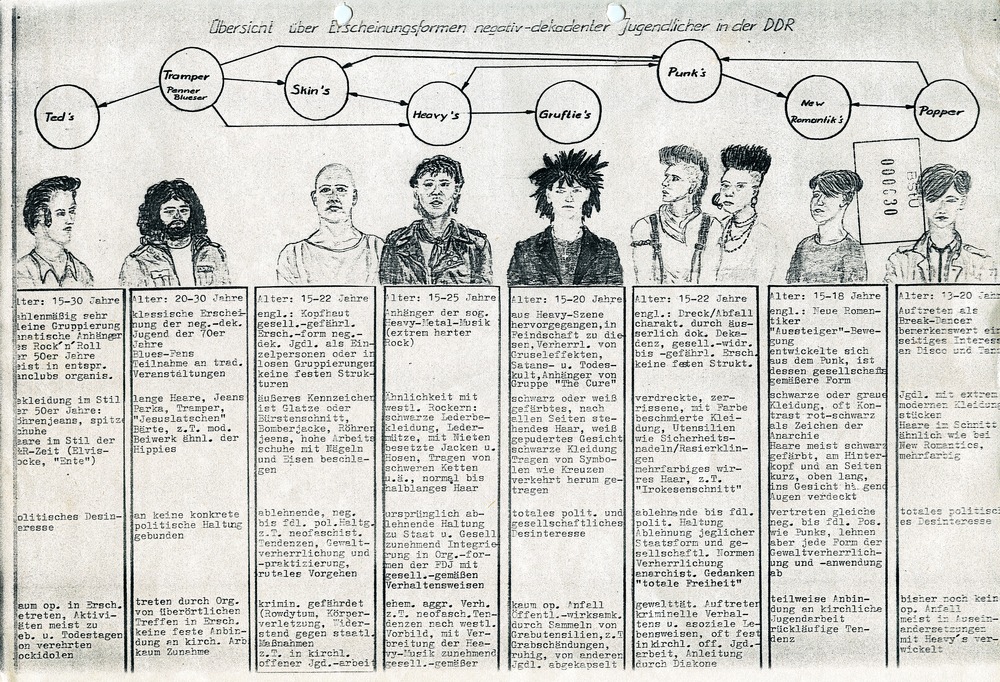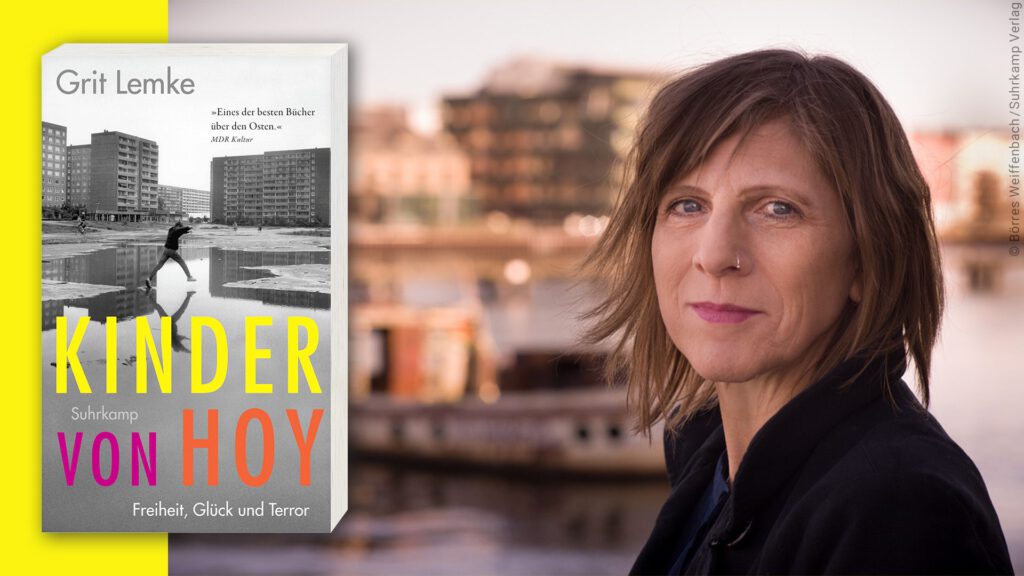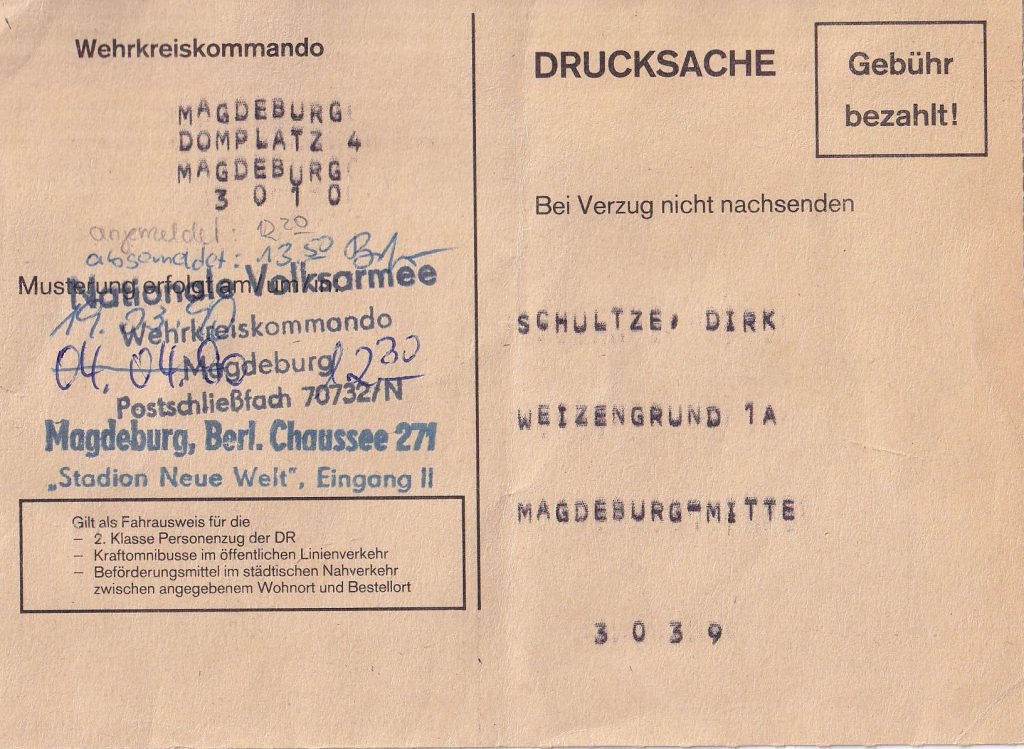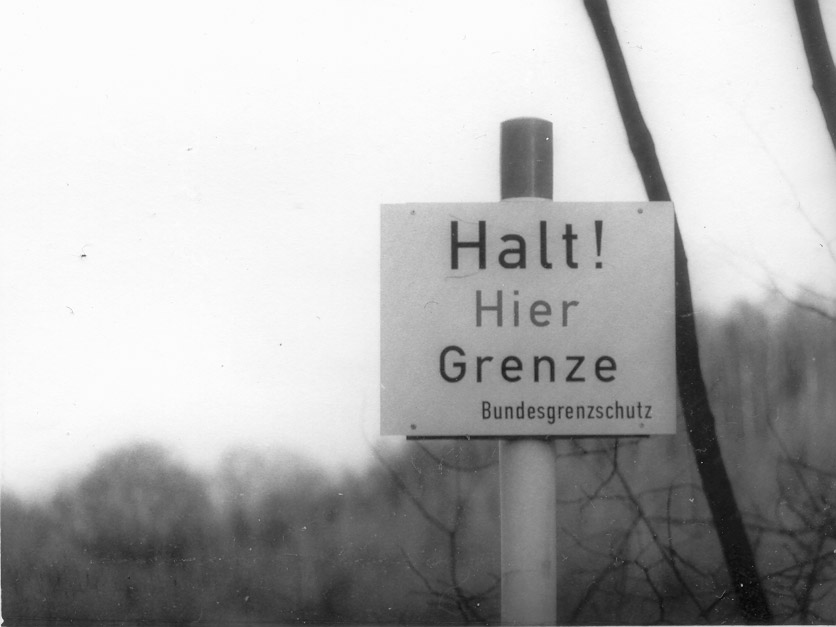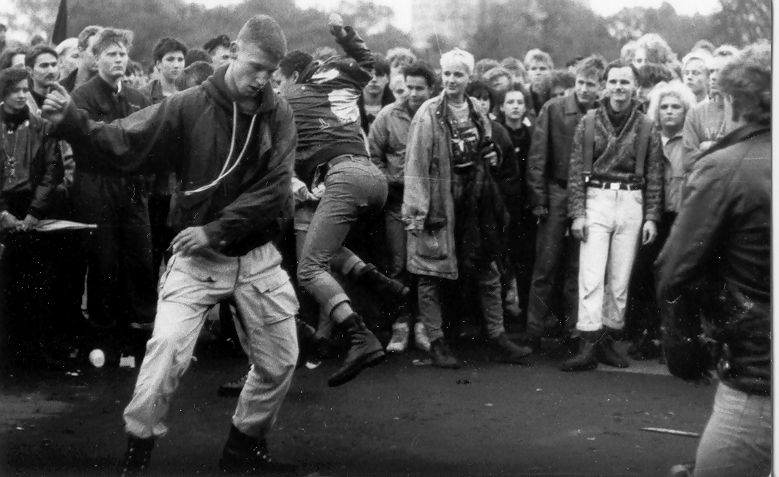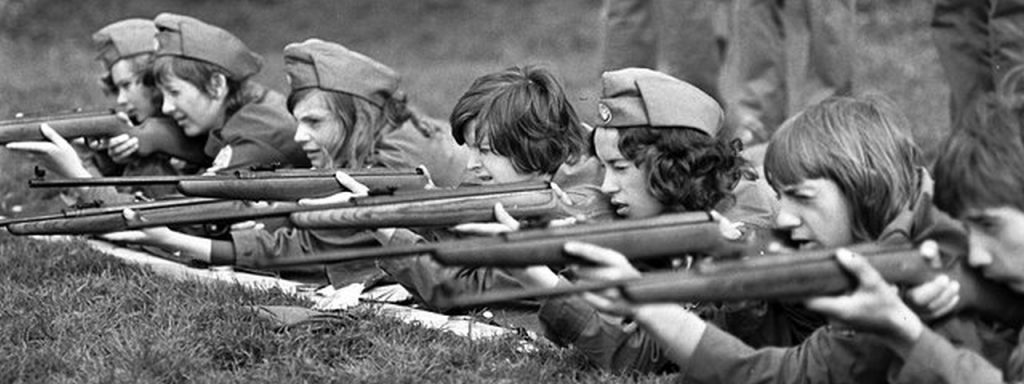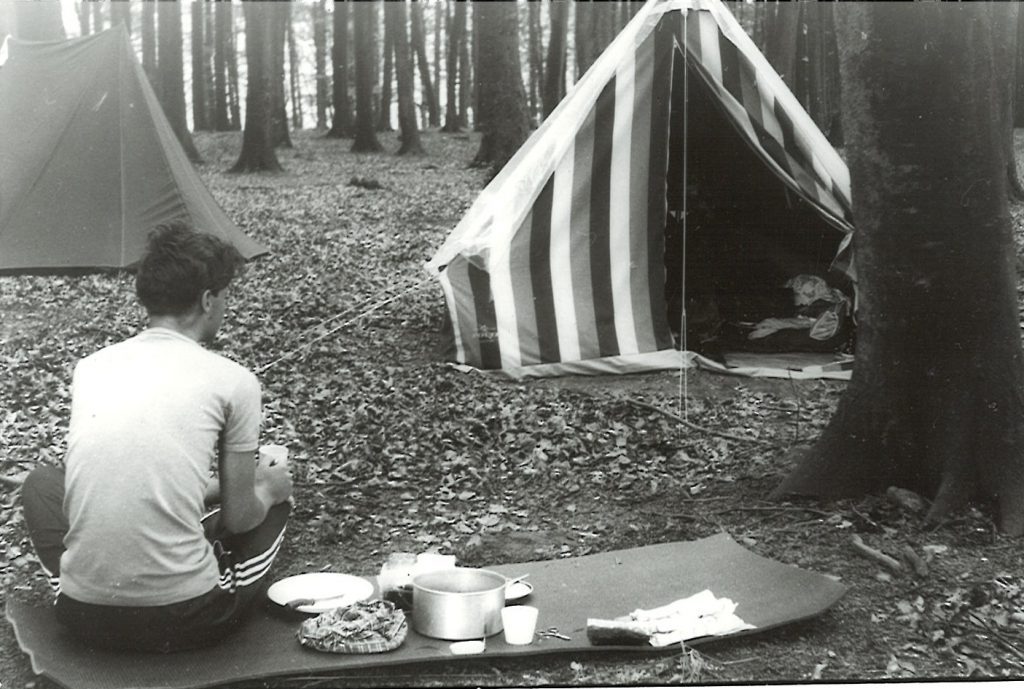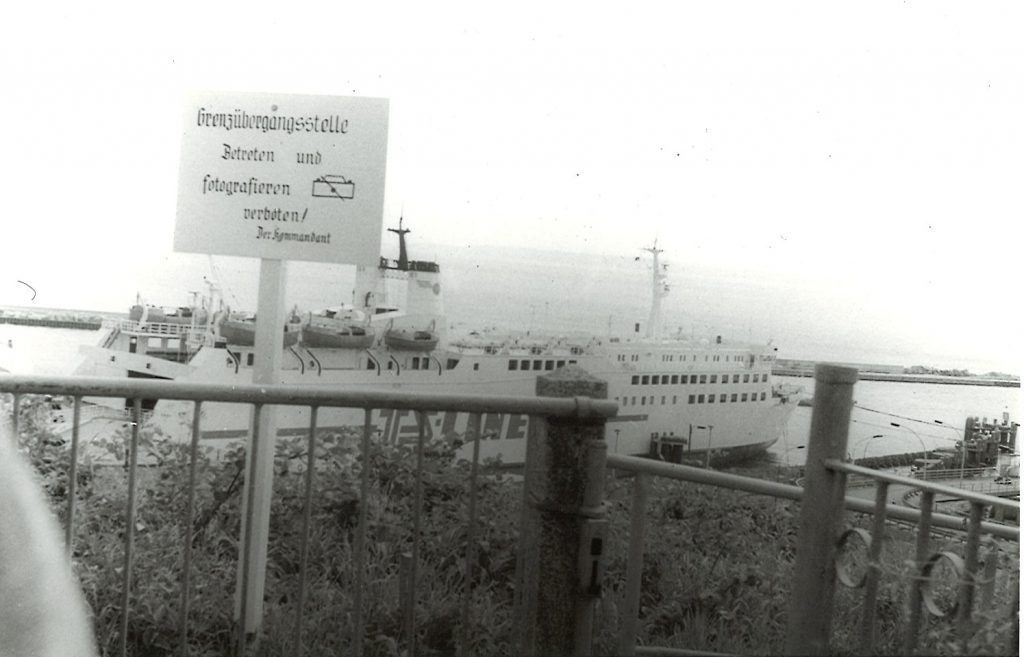… und nur noch 5 Jahre, bis Mauerfall und Existenz der DDR gleiche Zeiträume umspannen. Die “Neuen Länder” werden wohl immer noch “Neu” sein, exotisch.
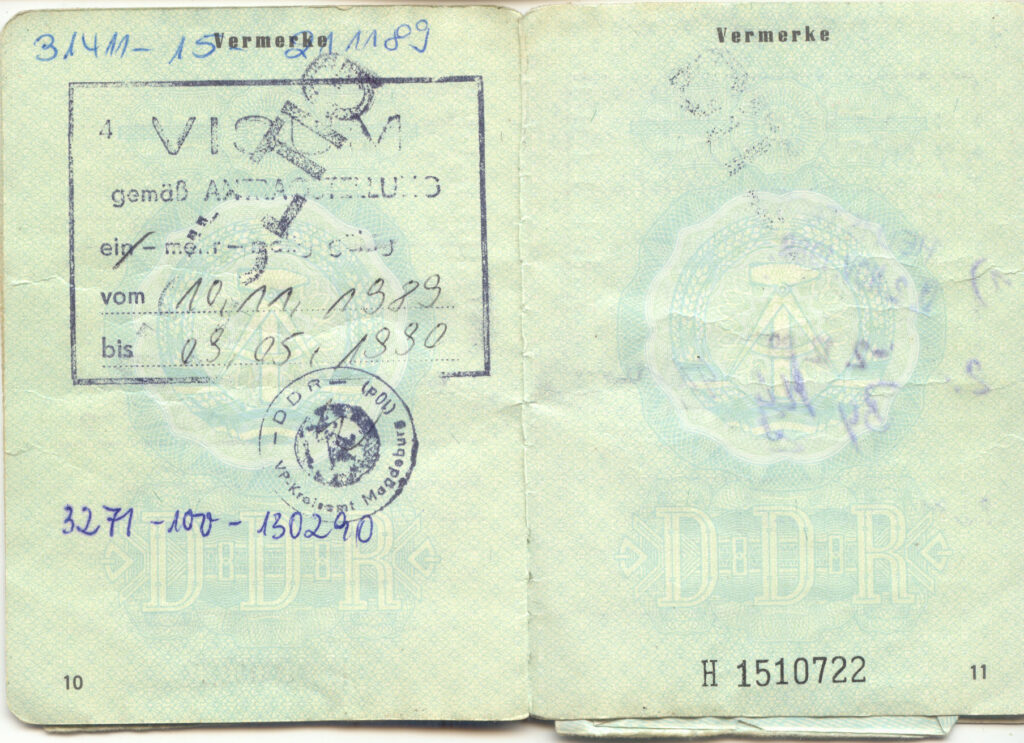
Etwa jetzt, vor 35 Jahren – Donnerstag, 9. November 1989:
Bin spät von der Schule nach Hause gekommen. Bis halb acht haben wir uns (so ne Gruppe üblicher Verdächtiger) die kurz zuvor veröffentlichten “Schwierigkeiten mit der Wahrheit”, eine autobiographische Doku über den Prozess gegen Walter Janka, reingezogen (https://de.wikipedia.org/wiki/Walter_Janka). Janka war Dramaturg, wichtiger Kopf bei der DEFA, hat die “Mephisto”-Verfilmung mit angeleiert … spannend.
Continue reading
